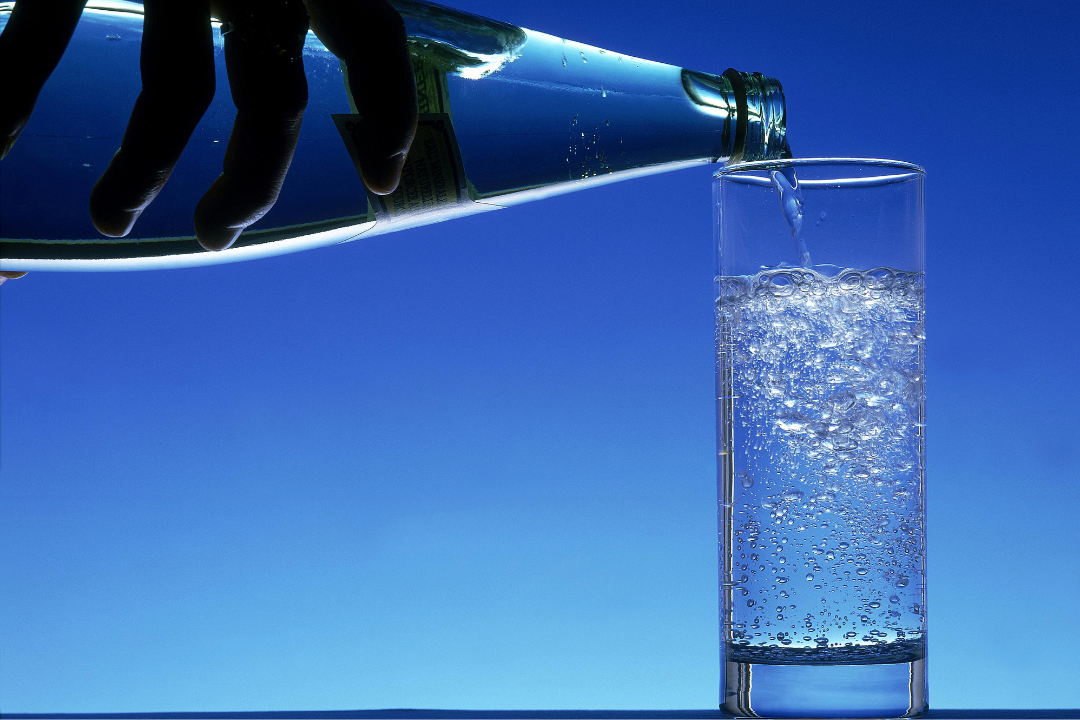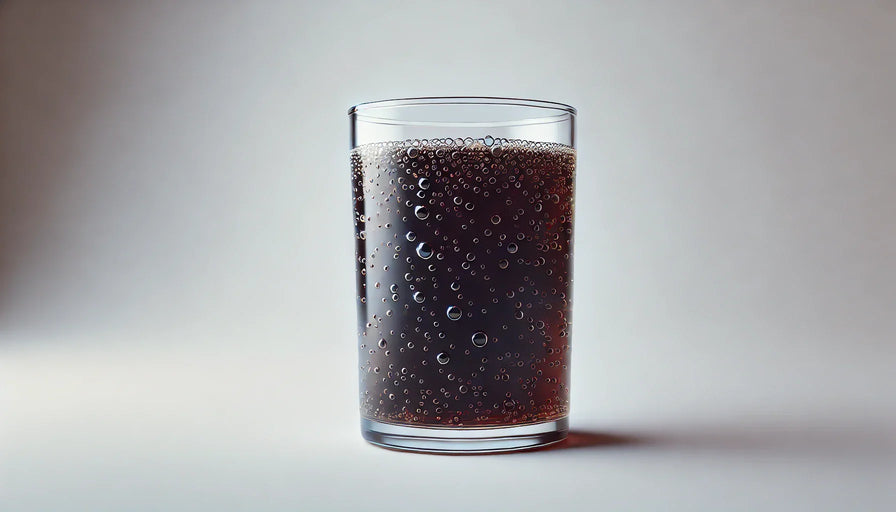
Soda Water vs Club Soda: What's the Difference?

What's the difference between soda water and club soda?
Soda water and club soda differ in their mineral content. Soda water includes sodium bicarbonate, whereas club soda has potassium bicarbonate. Both are types of carbonated water, but these added minerals impart unique flavors and textures to each.
When it comes to choosing between soda water and club soda, understanding the subtle differences can elevate your beverage experience.
While both options are forms of carbonated water, the distinct mineral additives set them apart in taste and mouthfeel. Whether you're mixing cocktails or quenching your thirst, knowing these nuances can help you make an informed decision.
Table of contents
Soda water
Soda water is essentially filtered water that has been infused with carbon dioxide gas under pressure with sodium bicarbonate added. It is often used as a mixer for various cocktails because of its neutral flavor and fizziness.
Soda water typically contains no additives or sweeteners, making it a healthier alternative to other carbonated drinks. The addition of sodium bicarbonate gives soda water a slightly salty taste and can also help settle an upset stomach.
Soda water ingredients
- Filtered water
- Carbon dioxide (CO2)
- Sodium bicarbonate
Understanding soda water from all these angles underscores its utility beyond simply being a thirst-quencher.
Related read: Is Soda Water Bad for You?

Club soda
Club soda is a type of carbonated water that is popular for its use both as a standalone beverage and as a mixer in cocktails.
Unlike plain soda water, club soda is carbonated water that has been enhanced with more than one added minerals to impart a distinct taste and texture. Traditionally, these minerals are added to mimic the natural composition of carbonated mineral water.
Club soda ingredients
- Carbonated water
- Potassium bicarbonate
- Potassium sulfate
- Occasionally sodium bicarbonate
- Natural flavors (depending on the brand)

Key characteristics
- Taste and Texture: The added minerals, such as potassium bicarbonate and potassium sulfate, contribute a slightly salty taste, which distinguishes it from plain soda water. The carbonation provides a refreshing fizziness.
- Versatility: Club soda is highly versatile and is commonly used in various mixed drinks such as whiskey sodas and gin fizzes. Its neutral flavor with a hint of saltiness makes it an excellent choice for cocktails as it neither overwhelms nor competes with other ingredients.
- Health Benefits: While club soda is primarily consumed for enjoyment, it can also act as a mild digestive aid due to its carbonation which might help alleviate symptoms of indigestion.
Club soda, with its unique addition of minerals, remains a staple in both household and professional mixology. Whether you're sipping it straight or using it to elevate your favorite drink, its subtle contributions make it an indispensable part of any beverage repertoire.
Club soda vs soda water for cocktails
A survey by the International Bartenders Association found that 70% of professional bartenders favor club soda in cocktails due to its unique mineral content, which they believe enhances the drink's flavor profile.
Choosing between club soda and soda water can significantly impact the taste and experience of a cocktail. While both are popular among mixologists, their distinct characteristics make them suitable for different uses.

Flavor influence
Club soda, with its added minerals like potassium bicarbonate and potassium sulfate, introduces a subtle salty undertone that enhances and complements the flavors of certain spirits and mixers. This makes it an excellent choice for cocktails where a hint of saltiness can elevate the drink.
Conversely, soda water offers a neutral profile that ensures it doesn't interfere with the primary flavors of the cocktail, making it ideal when the goal is to let the other ingredients take center stage.
Popular cocktail uses
- Club Soda: Ideal for robust cocktails like whiskey sodas, gin fizzes, and highballs where its mineral content can bring out the depths of the spirit's flavors.
- Soda Water: Perfect for spritzers, mojitos, and Aperol spritzes, where a clean and neutral bubble is desired to let the other ingredients stand out without added complexity.
Related read: Tonic Water vs Soda Water: What's the Difference?

Summary
While soda water and club soda are both forms of carbonated water, the key differences lie in their mineral content and subsequent flavor profiles. Soda water, with its addition of sodium bicarbonate, offers a neutral and slightly salty taste, making it a versatile mixer for a variety of cocktails.
On the other hand, club soda is enriched with multiple minerals, such as potassium bicarbonate and potassium sulfate, providing a subtly salty flavor that enhances certain spirits and cocktails.
Understanding these distinctions can help in choosing the right type of carbonated water for your beverage needs, ensuring the best possible drinking experience.
Recommended reading

How to Give Back During Thanksgiving 2025
Key takeaways Thanksgiving is a time to express gratitude and share with those in need. From volunteering at local shelters to donating food and essentials, there are numerous ways to give back to...

What Does Carbonation Do to Your Body?
What does carbonation do to your body? Carbonation alone typically has minimal effects; however, it can cause bloating and discomfort for some, and it may worsen acid reflux due to carbon dioxide ...

What Are the Health Benefits of Sparkling Water?
Summary Sparkling water isn't just a refreshing drink—it comes with surprising health benefits too. From aiding digestion to improving hydration, discover how sparkling water can be a healthy addi...